Dengue IgG and IgM Antibody Test By CLIA - Serum Test in Kalamboli
52+ booked in last 3 daysDengue IgG and IgM Test Overview
Dengue IgG and IgM Antibody test help in diagnosis of Dengue Viral Infection in a patient.
Dengue IgG and IgM Antibody Test By CLIA - Serum Test Price in Kalamboli
Metropolis Healthcare is a leading diagnostics centre and pathology lab in India equipped with the latest state-of-the-art technologies that provides the Dengue IgG and IgM Antibody Test By CLIA - Serum Test with a clear pricing structure
The price of Dengue IgG and IgM Antibody Test By CLIA - Serum Test in Kalamboli is ₹ 950
We are committed to deliver accurate and quality results from the best labs in India with complete transparency regarding test cost and turnaround time. No matter where you are, we strive to offer patients high-quality service that is affordable and accessible.
To make an online appointment, get in touch with Metropolis.
Frequently Asked Questions
Dengue sometimes may progress rapidly and can lead to serious complications in a few patients. It is important to get accurately diagnosed so the doctor can put you on correct management. Your doctor may order Dengue IgG, IgM or Molecular tests for you to diagnose Dengue Fever.
Your doctor may order this test for you if he suspects that you have Dengue. This may be common during monsoon and when there is an outbreak. Dengue is a mosquito borne disease and has flu like symptoms.
A dengue test may be ordered along with CBC for you if you have
- High fever
- Headaches and pain behind the eyes
- Rashes on the skin
- Muscle and joint pain, sometimes debilitating
- Swollen glands observed by the doctor
- Nausea, vomiting and lack of appetite.
- There are four different viral serotypes that causes dengue. Some people develop symptoms and for some others it is mild and may feel better very soon. For patients who do develop symptoms, with adequate rest and fluids, they start feeling better soon.
- Very rarely, Dengue fever can progress into Dengue Haemorrhagic Fever and Dengue Shock Syndrome. Dengue Haemorrhagic Fever is consistent with nose bleeds, vomiting blood, passing blood in the stool etc. This happens because the dengue virus attacks the blood vessels and this also may lead to fluid leakage around the lungs, worsening the condition for the patient.
Dengue Haemorrhagic fever may quickly escalate into Dengue Shock Syndrome with loss of blood and fluid from the system. Your doctor will hospitalise you to treat you for loss of fluids and keep you under observation.
Ratings & Reviews (0)
Why Metropolis?
Metropolis has a team of 200 senior pathologists and over 2000 technicians delivering diagnostic solutions in the areas of routine, semi specialty and super specialty domains like Oncology, Neurology, Gynaecology, Nephrology and many more.
We offer a comprehensive range of 4000+ clinical laboratory tests and profiles, which are used for prediction, early detection, diagnostic screening, confirmation and/or monitoring of the disease.
 Home Visit
Home Visit Upload
Upload




.png)


















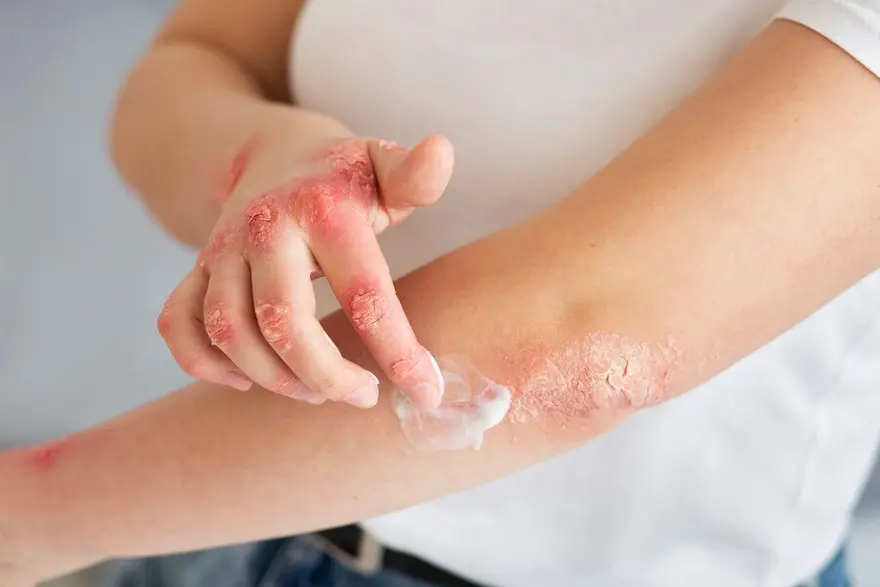
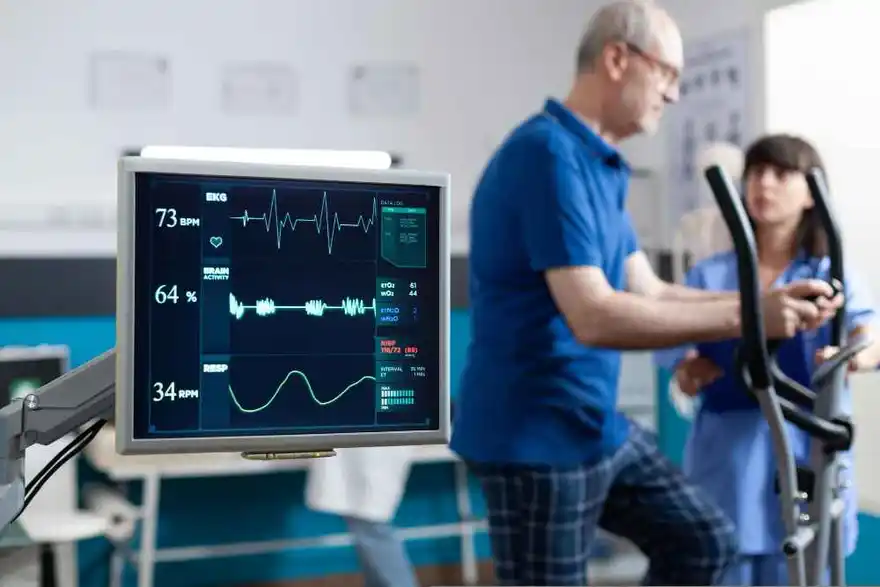



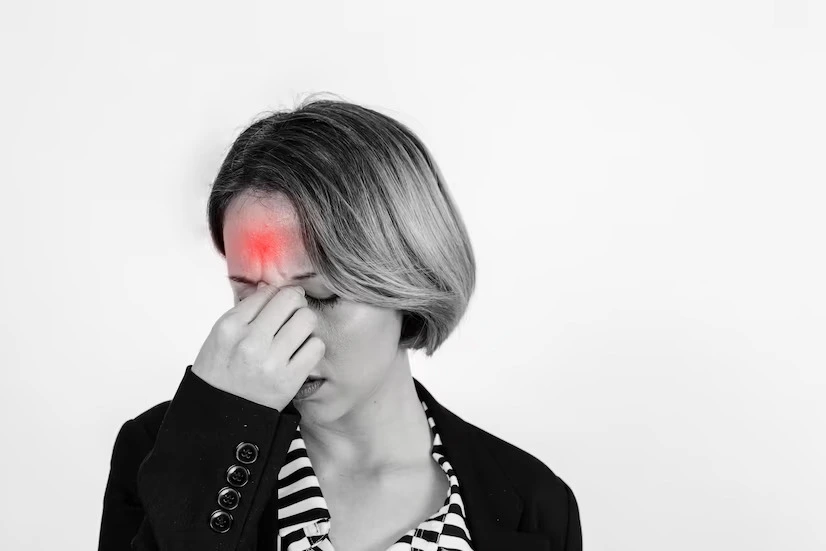
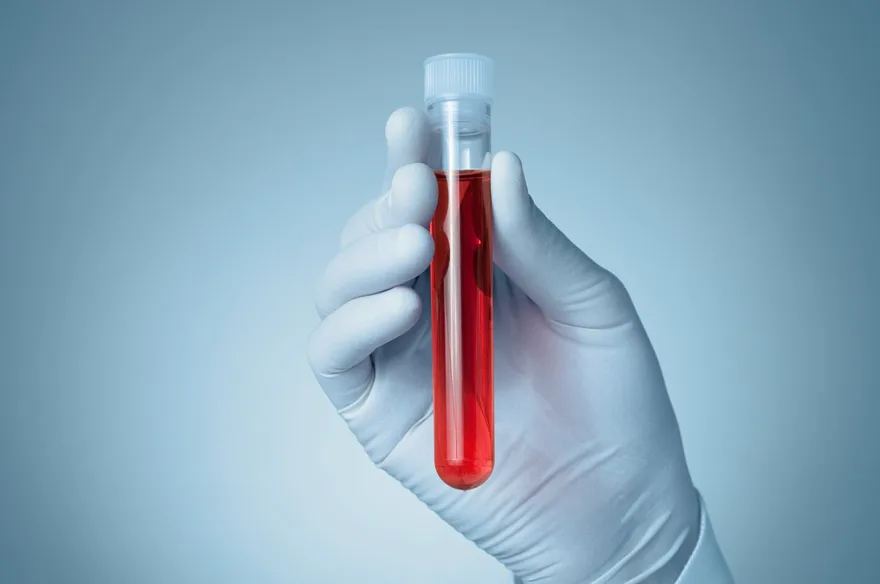
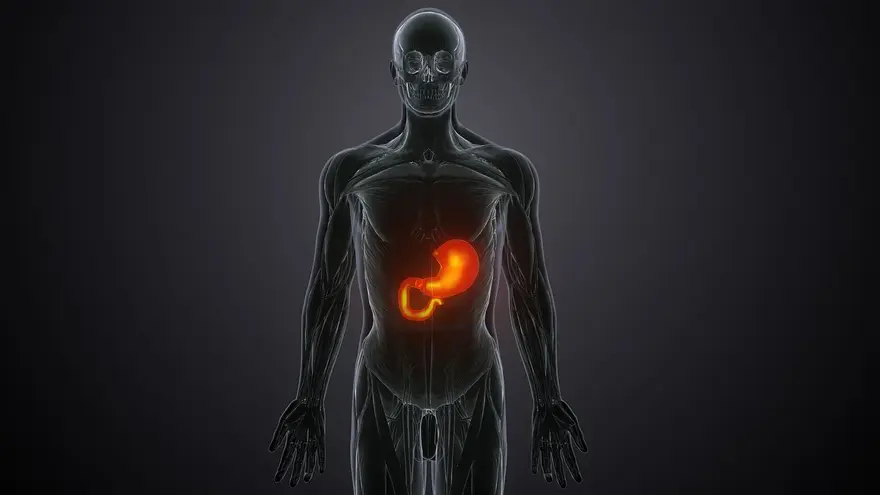
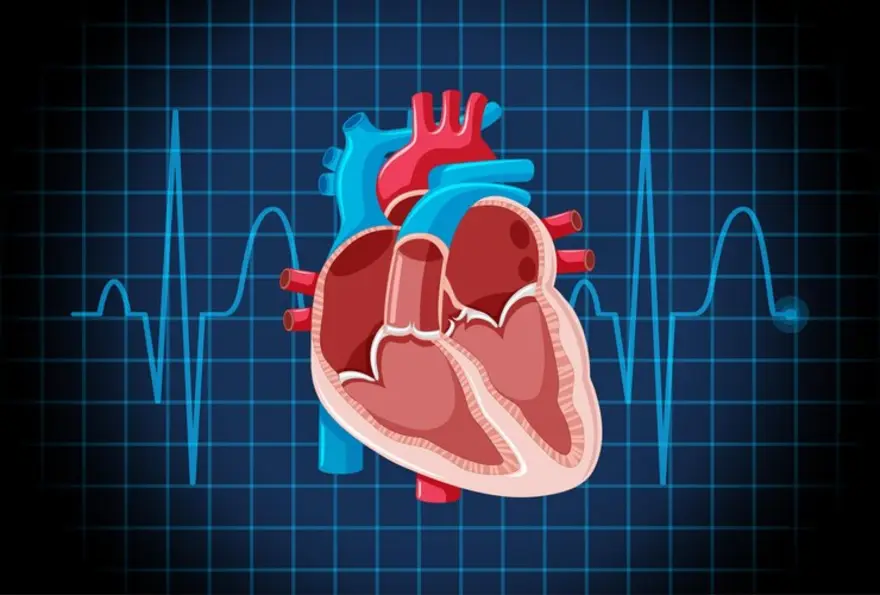






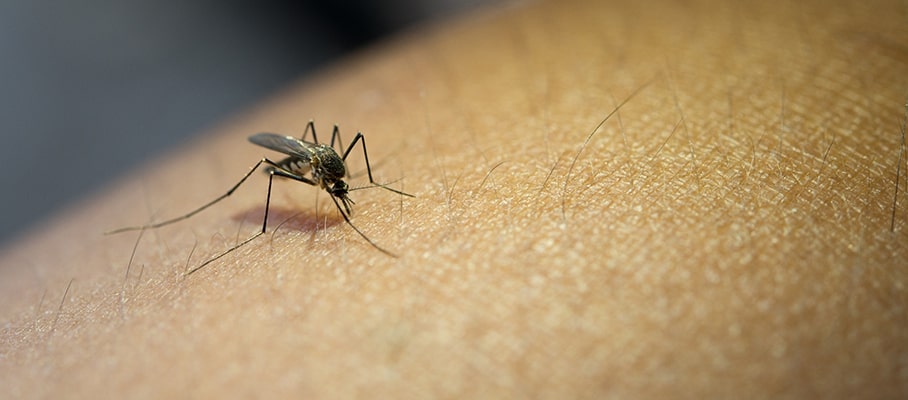
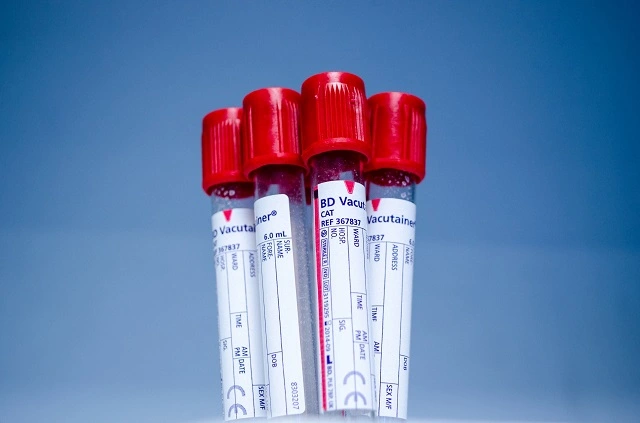






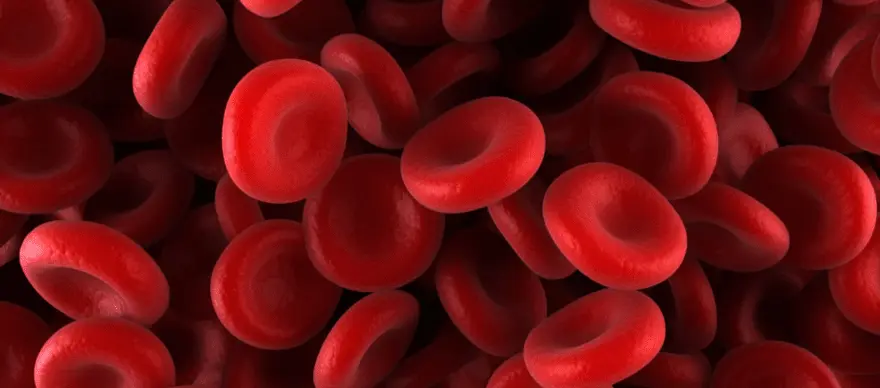



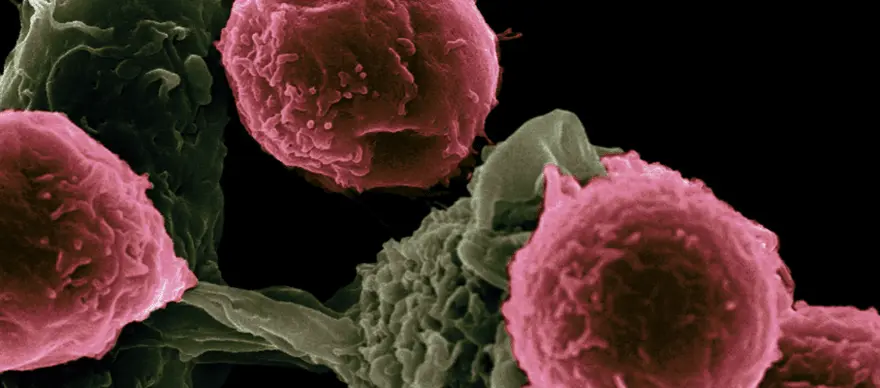



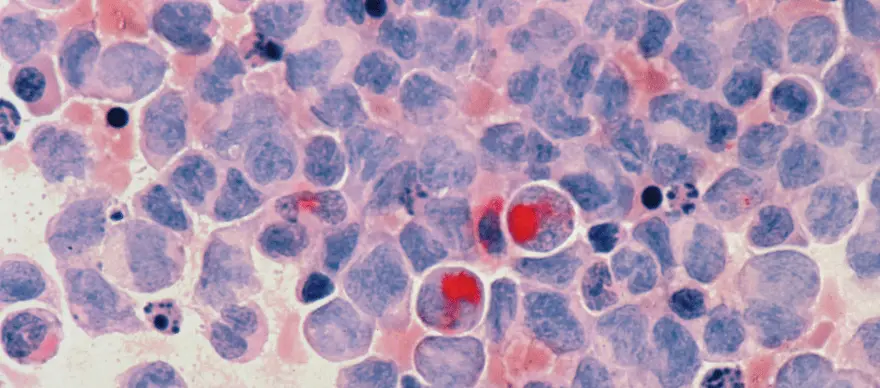


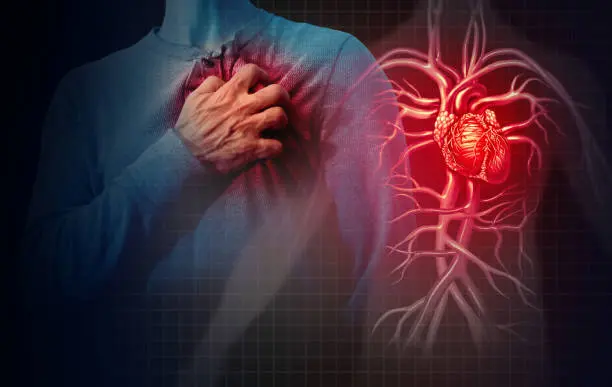
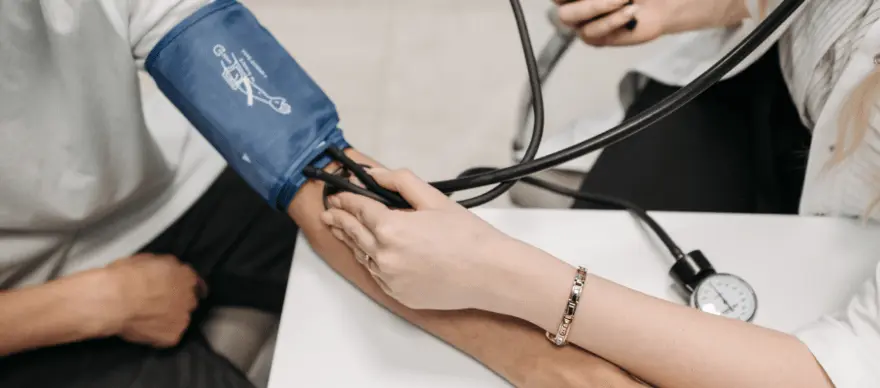
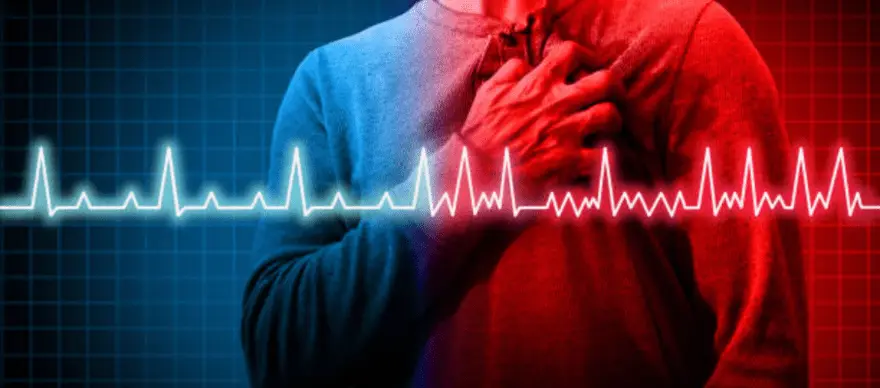
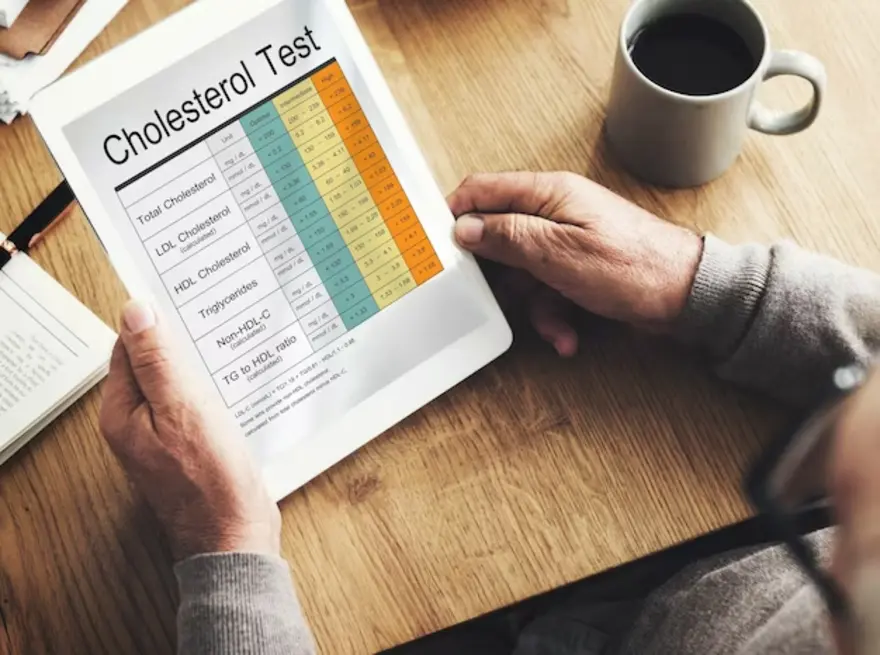




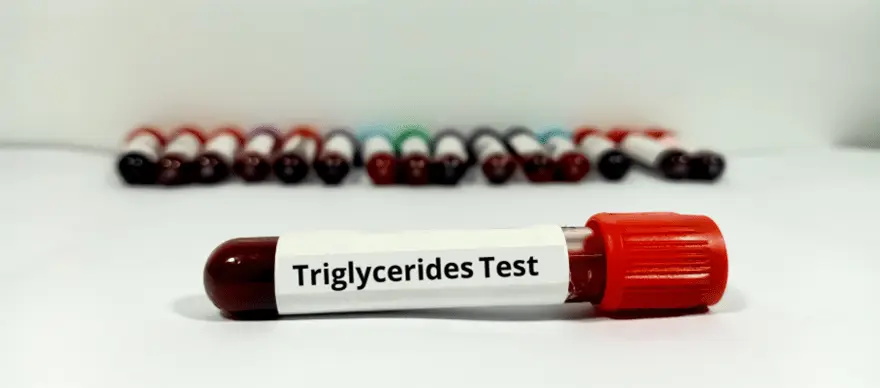
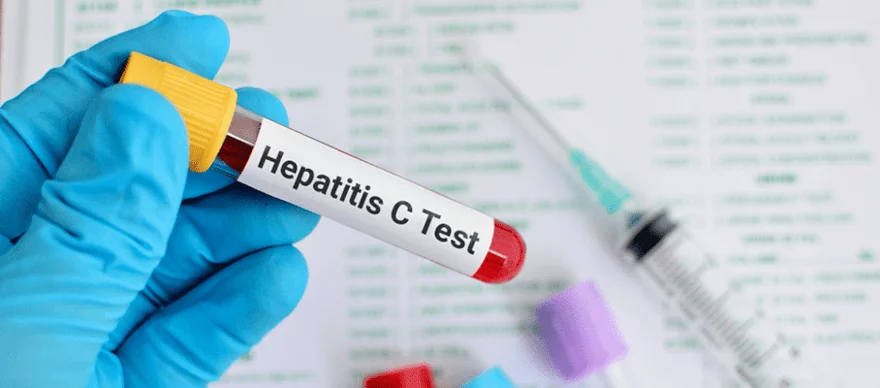
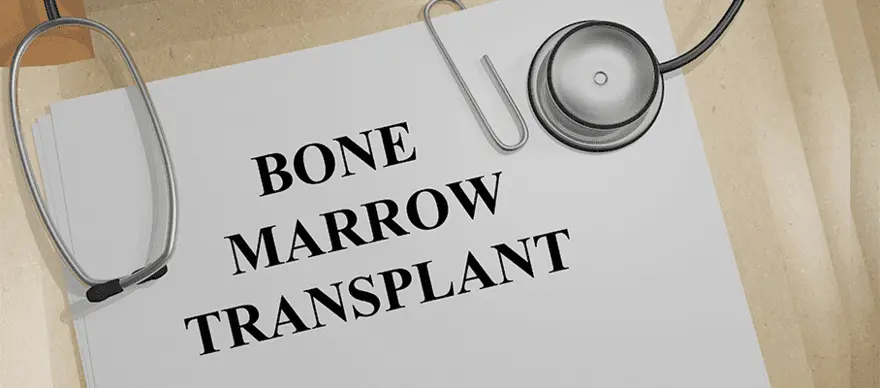
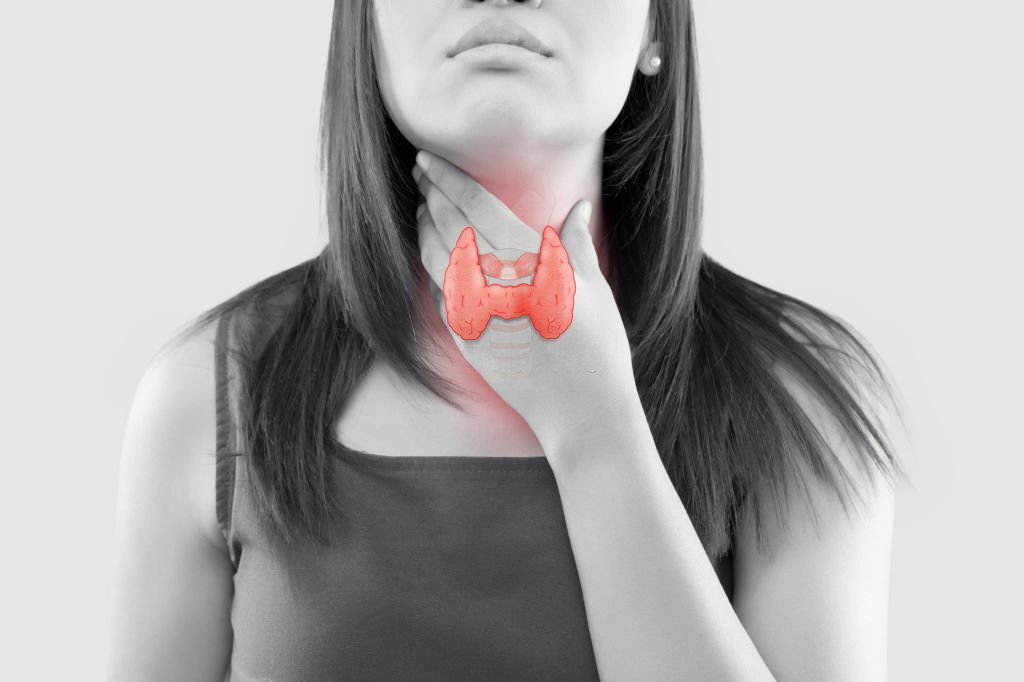


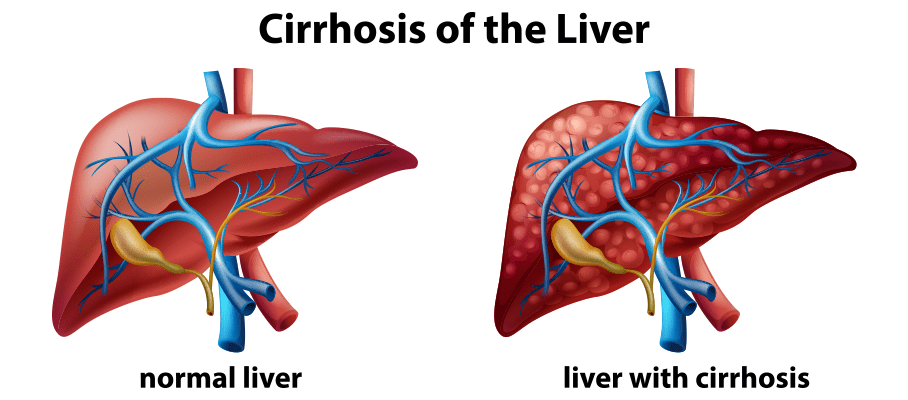
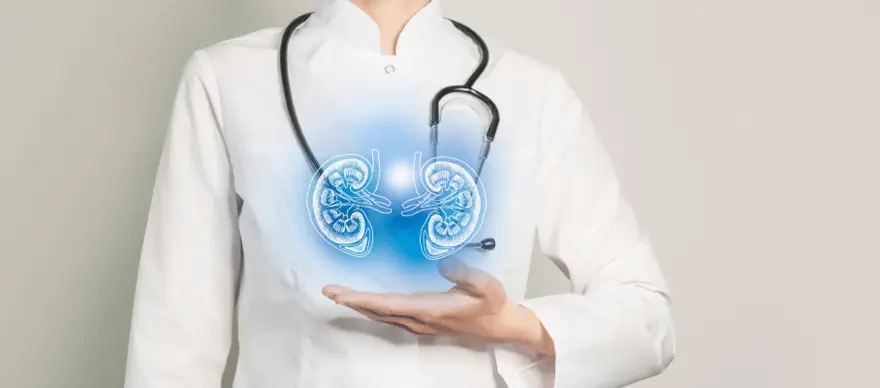


1707898101.webp)

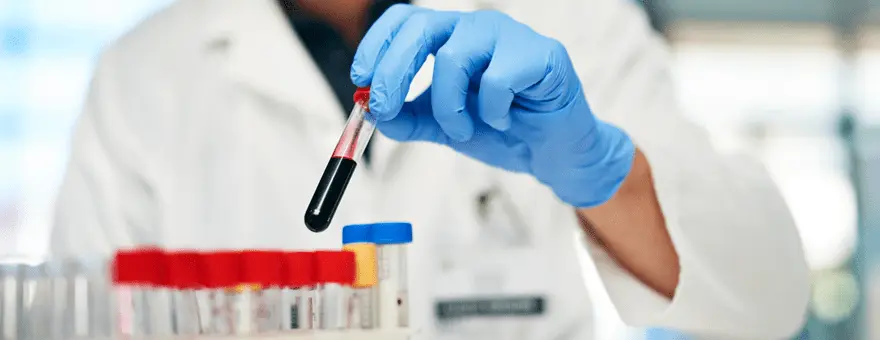
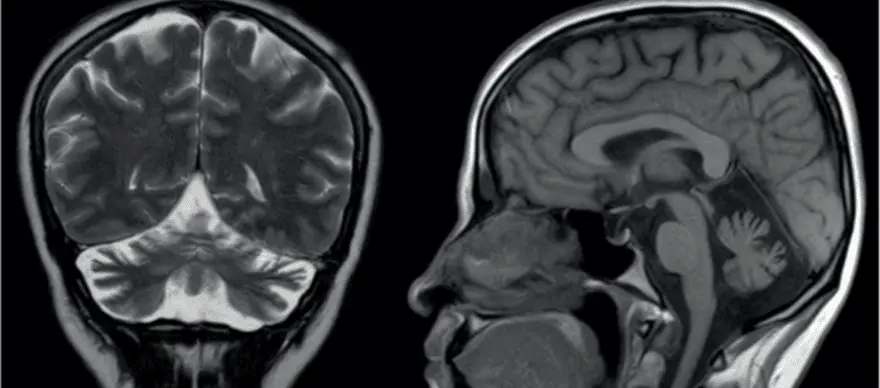
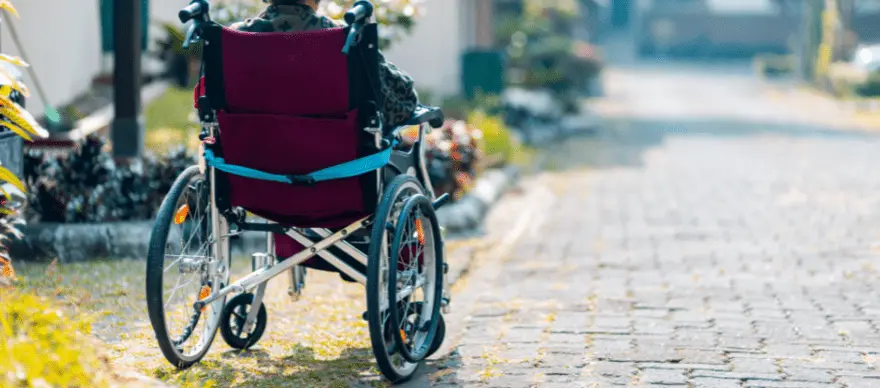
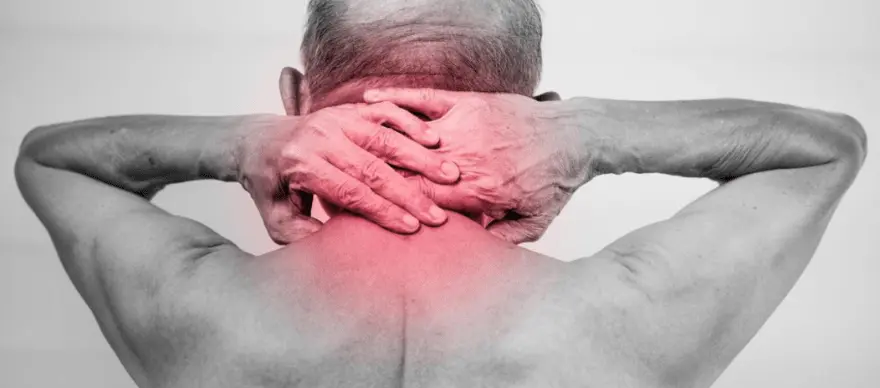

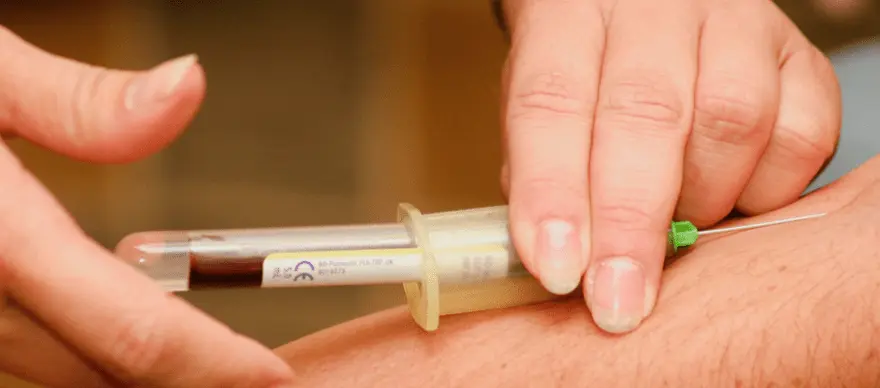
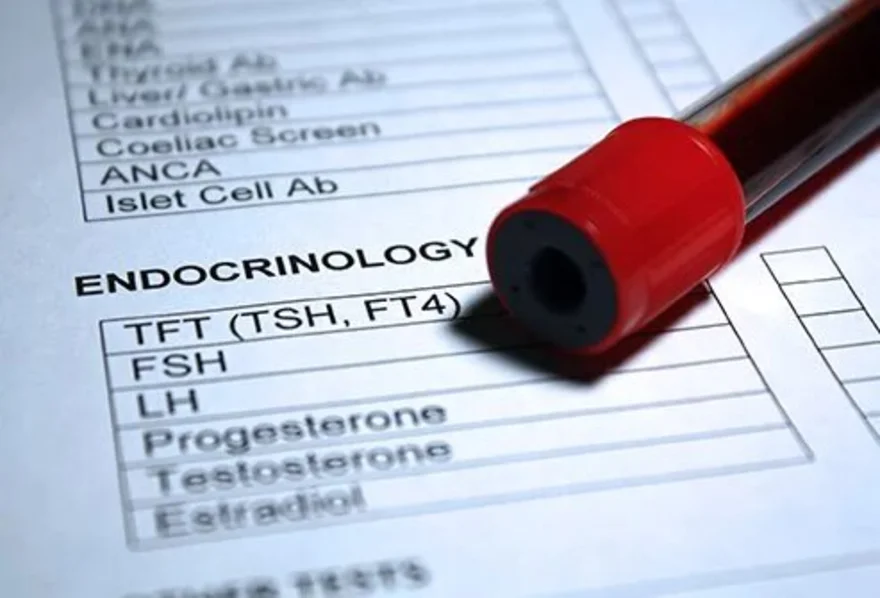

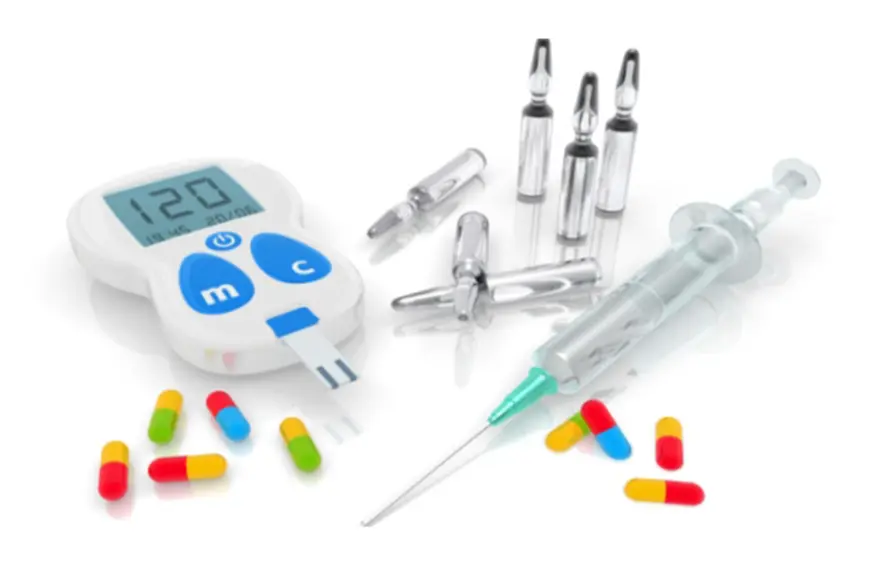

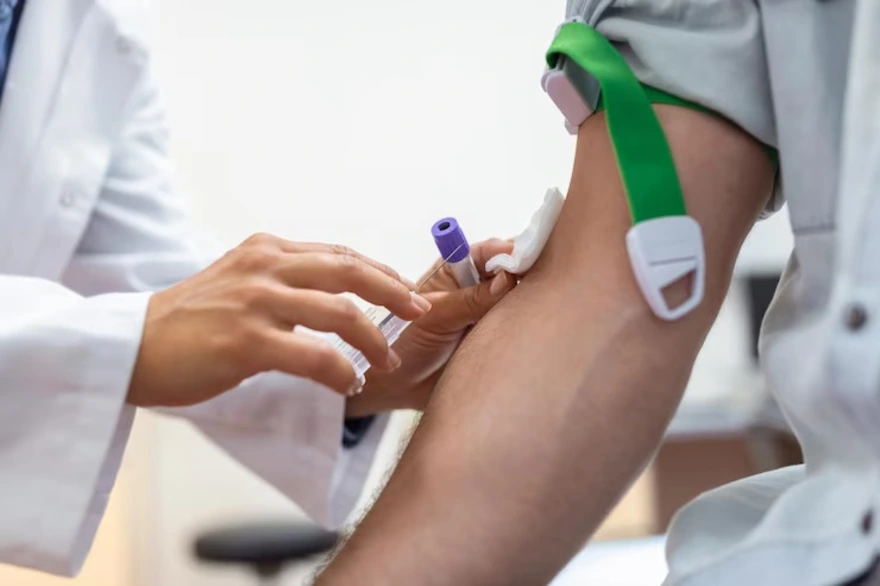

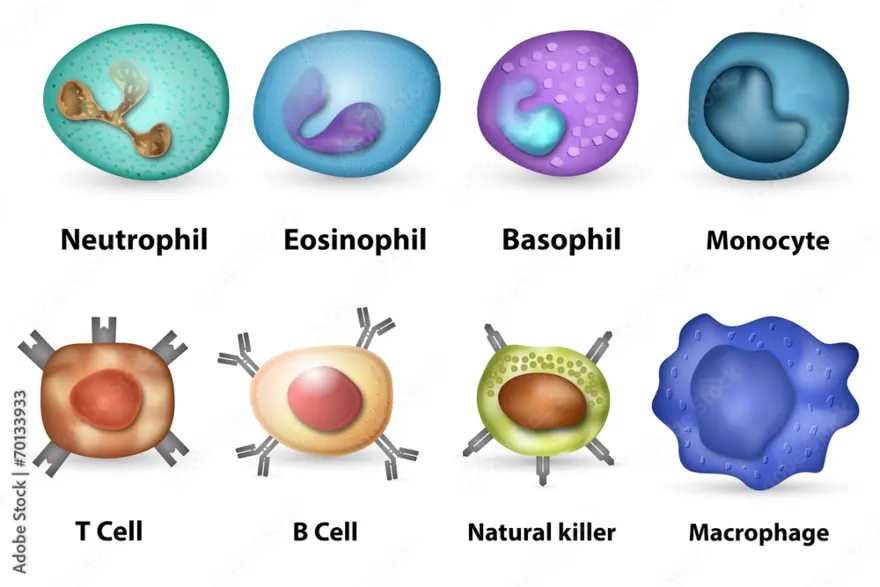
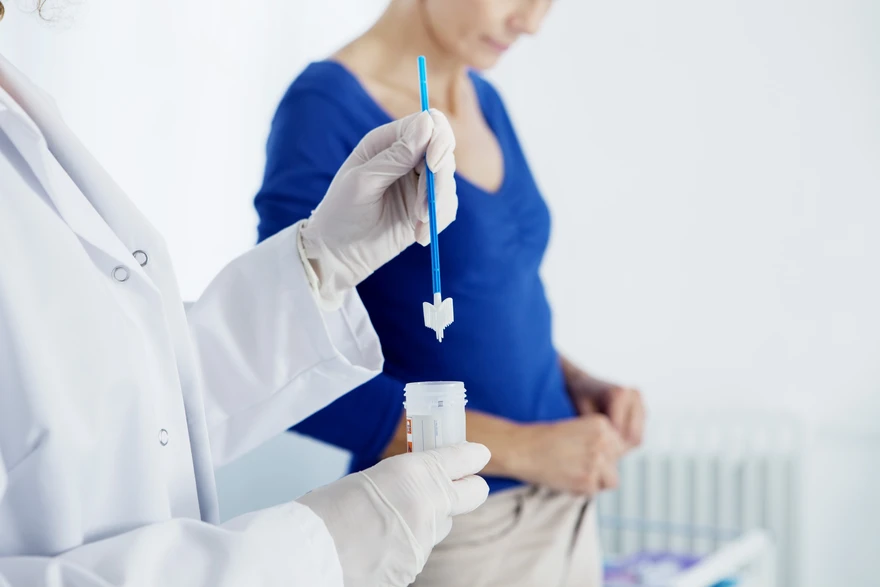

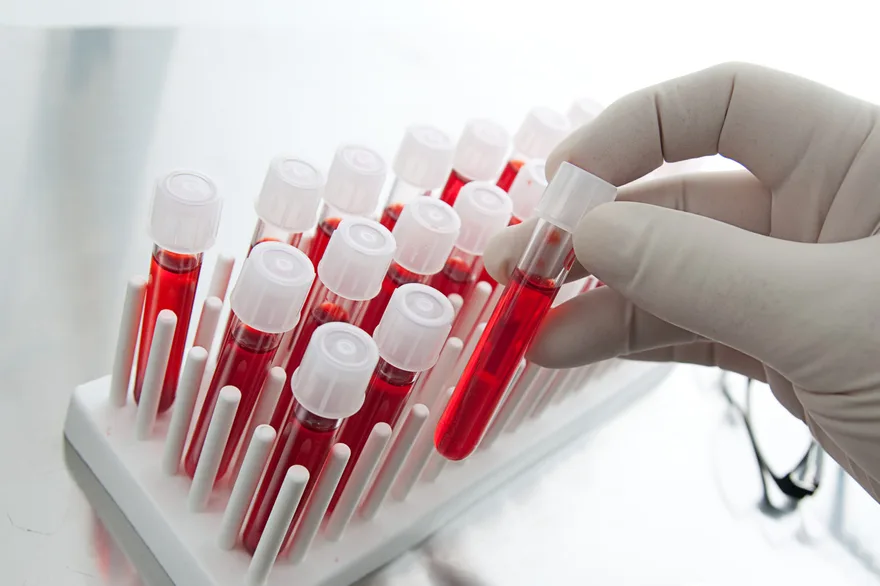
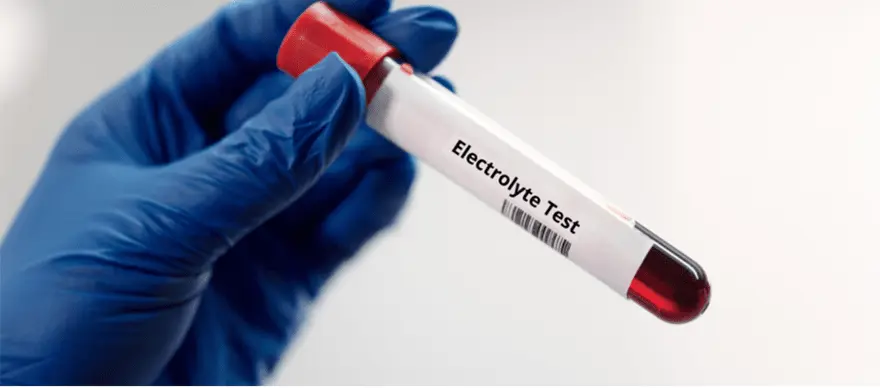
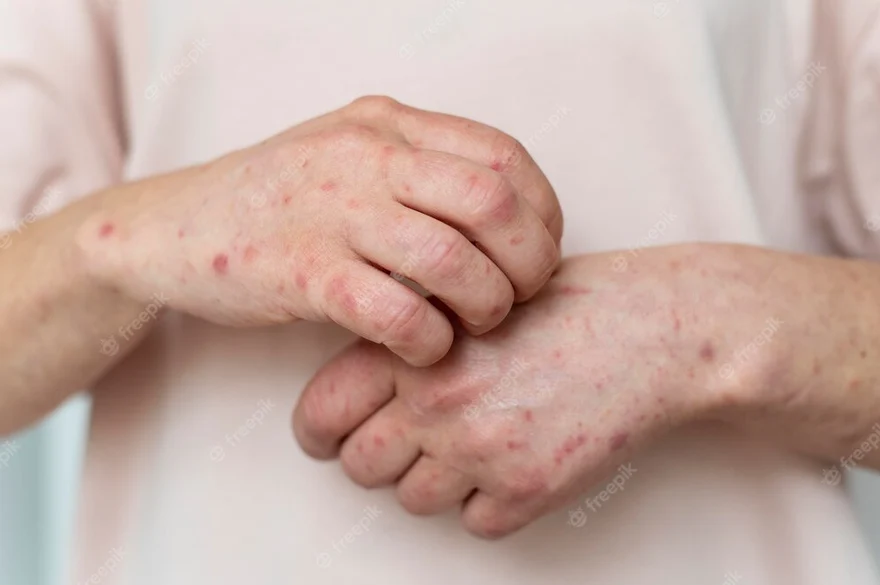

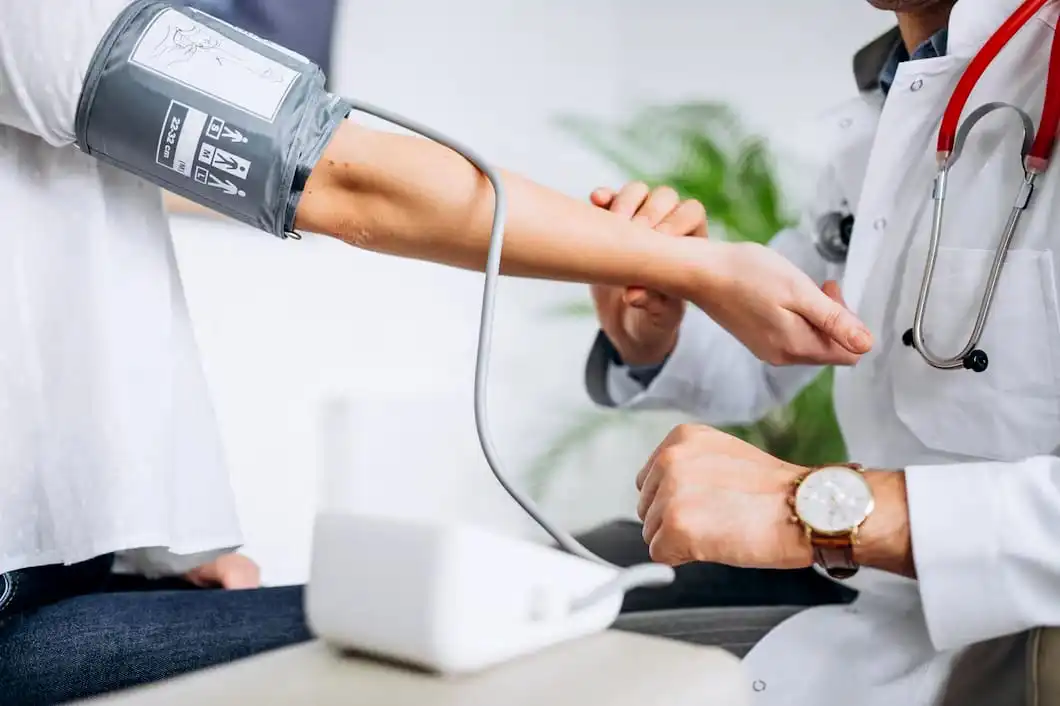




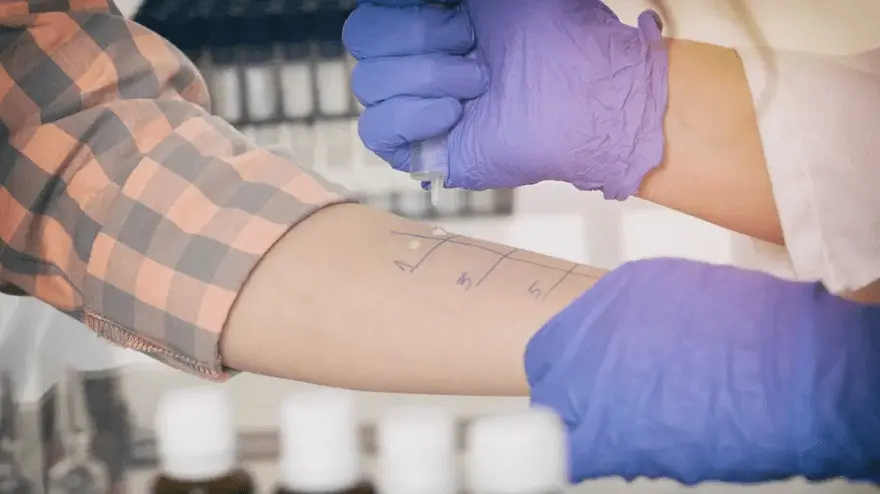




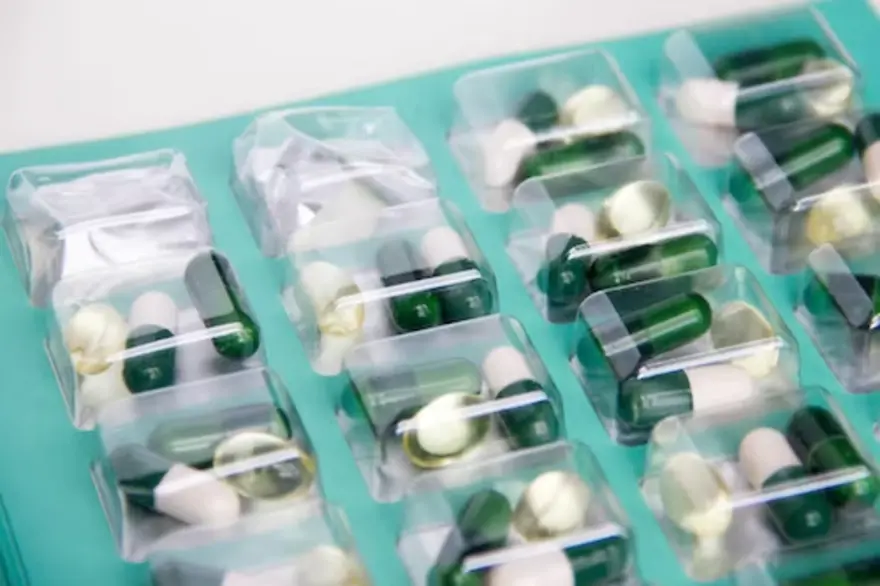






 WhatsApp
WhatsApp